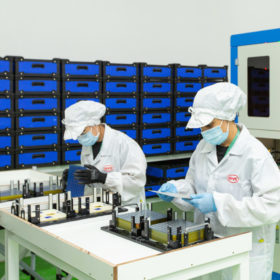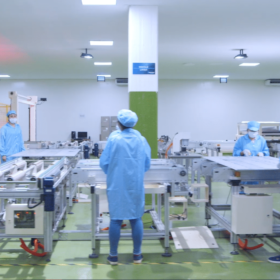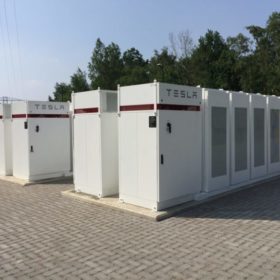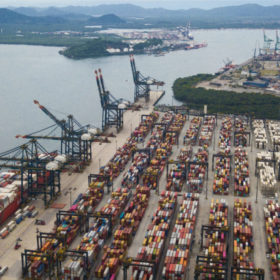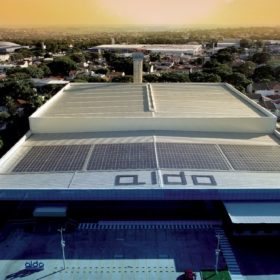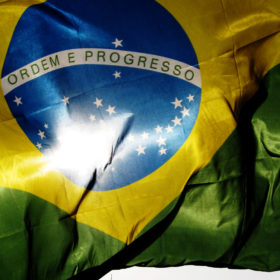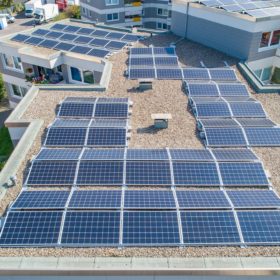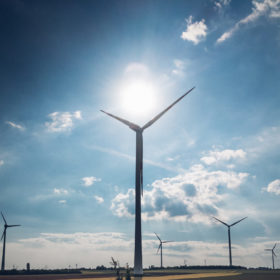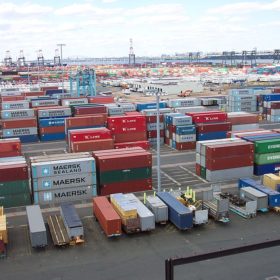BYD to produce 22.2% efficient n-type TOPCon solar modules in Brazil
The Chinese manufacturer said the modules will have a nominal power of 575 W and a temperature coefficient of -0.32% per C.
Latin America may host three more solar factories
Mexican solar manufacturer Solarever said it wants to invest $1 billion in a new factory in Jalisco and Brazilian PV system provider Sengi Solar said it aims to set up two manufacturing facilities in the states of Paraná and Pernambuco.
Brazil suspends A-5 energy auction
The auction was scheduled to be held on September 16. Energy regulator ANEEL said the move was due to inconsistency in the auction management system.
Storage for load shifting viable in several Brazilian states
Greener says that battery storage could help large electricity consumers in Brazil to cope with sharp differences between peak tariffs and off-peak tariffs.
Brazil imported 5.2 GW of solar modules in Q1
High-power solar panels with outputs above 500 W accounted for more than 60% of all PV module imports to Brazil by volume in the January-March period.
Brazil may add another 12 GW of PV this year
Of this new capacity, 8.9 GW may come from distributed generation and 3.2 GW from utility scale solar. By the end of December 2022, the country’s installed solar power should reach 25 GW, according to new figures from Brazilian trade body ABSolar.
Brazil introduces new rules for distributed generation, net metering
The Brazilian authorities have introduced new rules to ensure that PV systems below 5 MW in size will still be eligible for net metering tariffs until 2045. A grid fee for prosumers will go into effect from 2023, but the economic profitability of rooftop PV and small solar parks is expected to remain high.
Brazil tops 13GW of installed PV capacity
The country installed around 3GW of new PV systems in the fourth quarter of 2021 alone. Around 8.4GW of the current PV capacity is represented by solar installations not exceeding 5MW in size, and operating under net metering.
Brazil introduces new rules for hybrid power plants
The new provisions define clearly what hybrid power plants are and what kind of grid tariffs they should pay. The regulation may be particularly favorable for hybrid wind-solar plants, especially in North-Eastern Brazil, where the grid is not strong enough to support further renewable energy development.
Brazil has imported 7.5 GW of solar modules so far this year
According to a new report from Brazilian consultancy Greener, the Latin American country imported 1,049 MW of solar panels in October alone.
